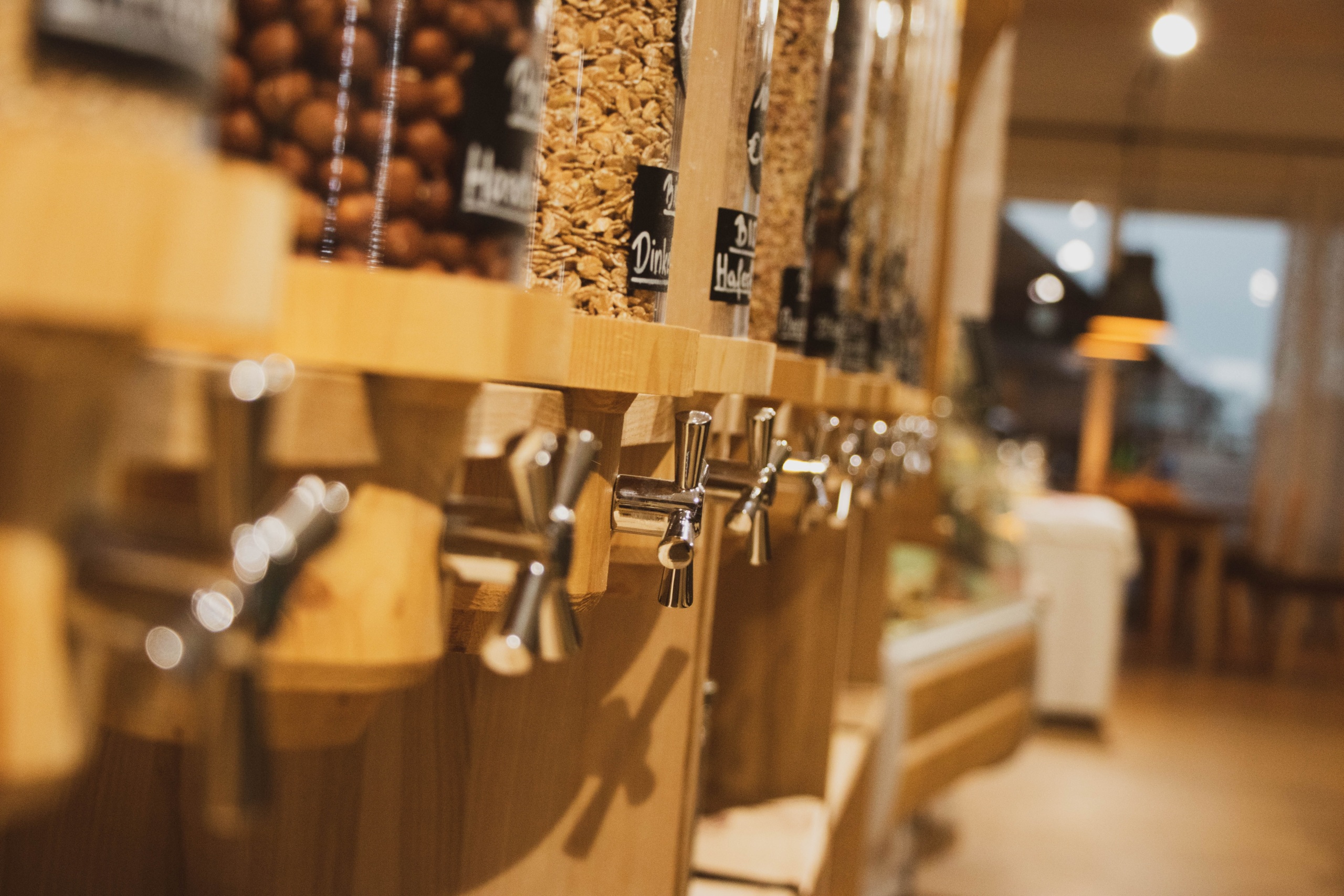
Ditch plastic packaging: Shop at your local refillery
A wave of new retail businesses are eliminating single-use plastic packaging entirely, showing us what a future with dramatically less plastic could look like.
America's plastic problem has gotten way out of hand.
Most of us diligently recycle, take reusable bags with us when we shop, and look for new ways to stop using so much single use plastic “stuff”. Our individual actions are necessary, but won’t be enough. The good news is that the momentum to move beyond plastic is growing. More states, communities and businesses are getting rid of plastic bags, foam containers and other plastic “stuff” we can live without.
A wave of new retail businesses are eliminating single-use plastic packaging entirely, showing us what a future with dramatically less plastic could look like.
Report ●
Increasing compost can quickly and efficiently decrease methane emissions in landfills and restore soil health.
This blog is the second in a series examining policy solutions to the plastic pollution crisis that are proven and replicable. This section covers recycled content requirements.
This blog is the first in a series examining policy solutions to the plastic pollution crisis that are proven and replicable. This section covers single-use plastic product bans.
The Coca-Cola Company, a top plastic polluter according to a 2020 Brand Audit from the nonprofit Break Free From Plastic, announced a new commitment today to start using plastic bottles made with 100 percent recycled plastic for select brands in some U.S. states. According to the company, it would account for a nearly 20 percent reduction of new plastic used in North America compared to 2018. The commitment follows similar ones made by other major consumer goods companies, recently documented by U.S. PIRG Education Fund.
For the third year in a row, the list of the largest plastic polluters in the world remains pretty much the same. According to the 2020 Brand Audit Report by Break Free From Plastic, the corporations responsible for polluting the greatest amount of plastic waste are, in order: The Coca-Cola Company; PepsiCo; Nestlé; Unilever; Mondelez International; Mars, Inc.; Procter & Gamble; Philip Morris International; Colgate-Palmolive; and Perfetti Van Melle.
Plastic is a problem not just for our environment, but also for our health. Chemicals used to make plastics anti-microbial, flame retardant, and more, can be toxic.
Managing Director, Frontier Group; Senior Vice President, The Public Interest Network
Executive Director, MASSPIRG Education Fund